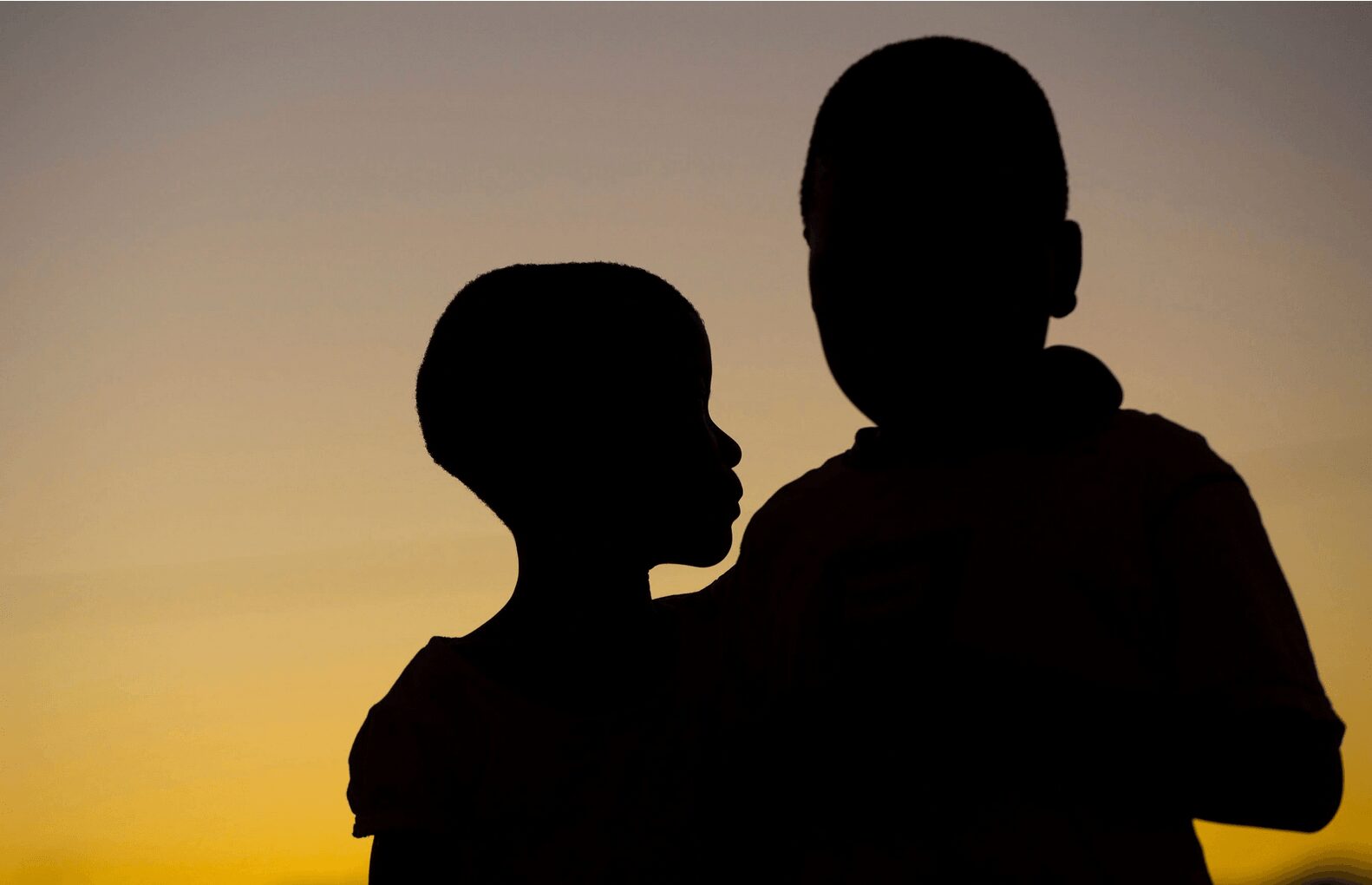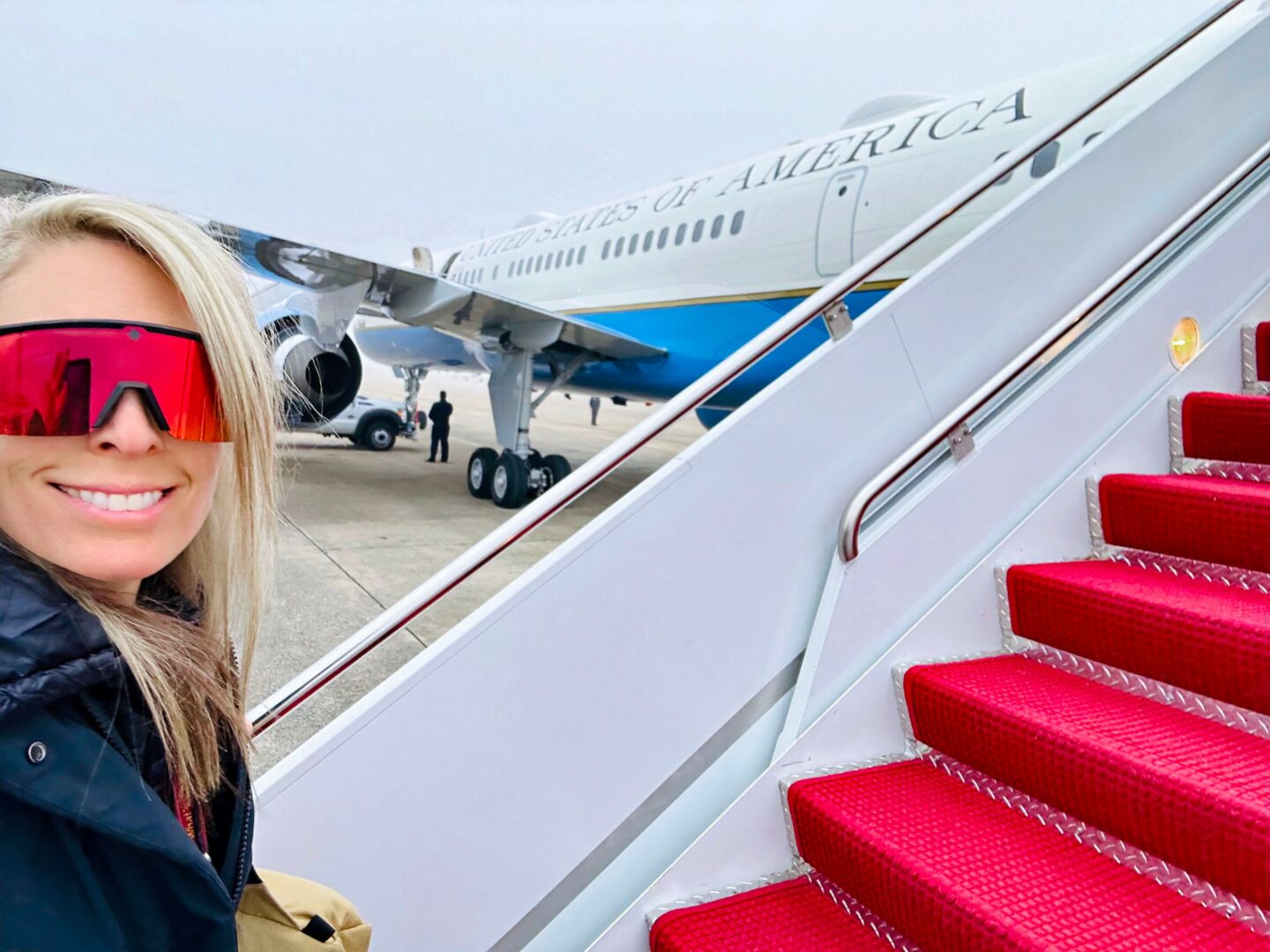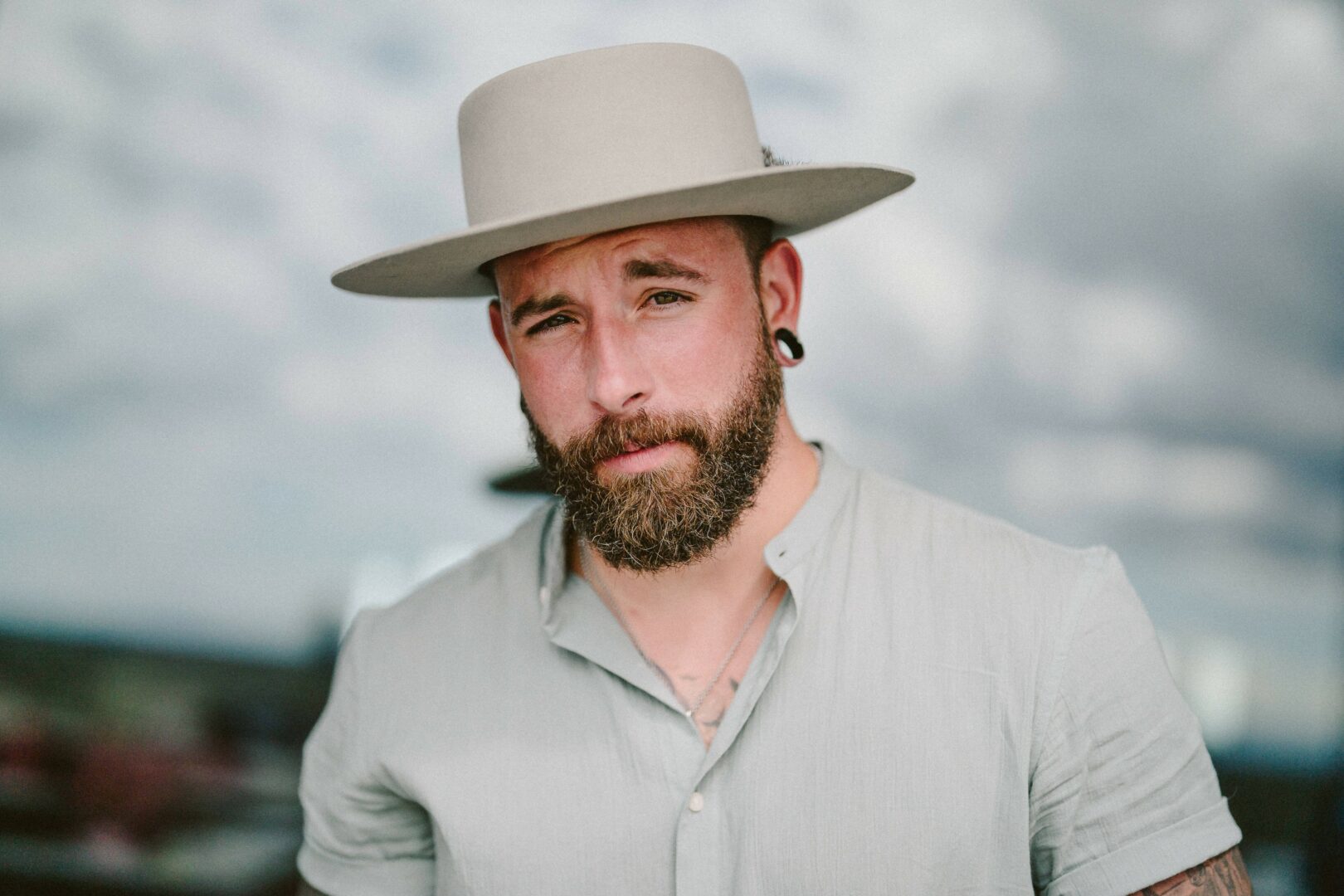Alright – so today we’ve got the honor of introducing you to Leigh Vogel. We think you’ll enjoy our conversation, we’ve shared it below.
Hi Leigh, thank you so much for opening up with us about some important, but sometimes personal topics. One that really matters to us is overcoming Imposter Syndrome because we’ve seen how so many people are held back in life because of this and so we’d really appreciate hearing about how you overcame Imposter Syndrome.
I chose the topic of writing about how I overcame imposter syndrome. My answer is that I learned to understand it, yet I have not overcome it.
I would pose my parents for photos when I was a kid and they’d be a little annoyed. They weren’t mean, but just a little put out by my requests for them to look this way and freeze that way. I do remember always taking photos, and always knowing the images would be what was left of friends after yet another move. (I went to four high schools in four years.) My walls were plastered with photos that were aspirational and of friends in moments I thought looked like ads. It was how I wanted to memorialize the moments…even glamorize them, likely to escape some tougher realities.
So, when I started working, I often found myself, or placed myself, around images, photographers, and sets, starting in South Beach during its fashion heyday and in Manhattan. It didn’t cross my mind that I should actually take photos, even though I saw light and moments all day that I knew Could yield cover-worthy images. I thought that maybe someone was supposed to pluck me out of a crowd notice that I might be able to take photos. The photographers I worked around were some of the best of, so holding a reflector, choosing the look, or organizing the p.r. around the shoot gave me some sense of professional satisfaction.
When I was hired as editor-in-chief at a magazine in Aspen, Colorado, I once again found myself organizing shoots, and was granted the opportunity by a friend-turned-boyfriend and photographer to finally learn how to properly shoot. I was comfortable but self conscious and frustrated by the learning curve.
After leaving my position as editor, I embarked upon a master’s program at Georgetown in Washington, D.C. and contacted photo agencies I had worked with in the past, explaining that I was available to shoot while studying. I eked out a contract with a large agency, and on my first assignment in D.C., images ran in the Washington Post. I knew I was in my groove, but it wasn’t until I started photographing at locations like the White House that I felt like a non-entity and outpaced by the some of the best in the world. As one photojournalist recently told me, “I saw you quietly try to get your photo and tiptoe out.” I didn’t want anyone to sense my fear and the feeling that I just did not belong. It was imposter syndrome. As my career blossomed and I got some higher-placement photos, I started to feel that I belonged, yet that would waver according to the frequency of assignments that I considered more desirable.
That feeling of simultaneous strength and doubt still ebbs and flows somewhat consistently after 15 years, but you must believe that you have just as much right to be there as anyone else. It took me several years here in D.C. to build strong enough relationships with colleagues to discuss this truth that can obfuscate your path and professional esteem. Pulitzer prize winners and other photographers telling some of the world’s most heart-wrenching stories have relayed to me their feelings that they were also embraced and simultaneously cast aside and overlooked. I learned that the imposter syndrome thread runs through so many people, even those people that you thought made it all look so effortless.
I know that I love photographs. I know I belong photographing. I still grapple, though, with assignments that I think the “best of” could cover so easily. But I am the point person for these clients, and it took time and introspection to understand that it’s not an accident or mistake that I’m here.

Let’s take a small detour – maybe you can share a bit about yourself before we dive back into some of the other questions we had for you?
I am a DC-based photographer covering news, politics, protests, and summits worldwide. I am ever-inclined to capture the moment where the guard is let down. We all see and feel genuine moments in our own ways, and mine is visually. Dedicated to covering animal rights issues with more precision and efficacy, I am also studying animal law, and cover animal rights issues.

There is so much advice out there about all the different skills and qualities folks need to develop in order to succeed in today’s highly competitive environment and often it can feel overwhelming. So, if we had to break it down to just the three that matter most, which three skills or qualities would you focus on?
1. Lack of fear
2. Knowing your strengths/working on or around less strong areas
3. Understanding your clients’ goals
The world is filled with brilliant photographers and articles are consistently published focusing on how difficult it is to succeed or make a living. I know if you have some skill and continue working on improvements and networking, that you can make find your path. If you make clients’ lives easier (and have the skill set), I think you’re golden!

What is the number one obstacle or challenge you are currently facing and what are you doing to try to resolve or overcome this challenge?
I am trying to overcome having success with clients yet not being embraced by others I feel are a natural fit. I’ll keep working on that!
Contact Info:
- Website: https://www.leighvogel.com
- Instagram: @leighvogel
- Facebook: Leigh Vogel
- Linkedin: Leigh Vogel
- Twitter: @leighvogel



Image Credits
Leigh Vogel
so if you or someone you know deserves recognition please let us know here.




